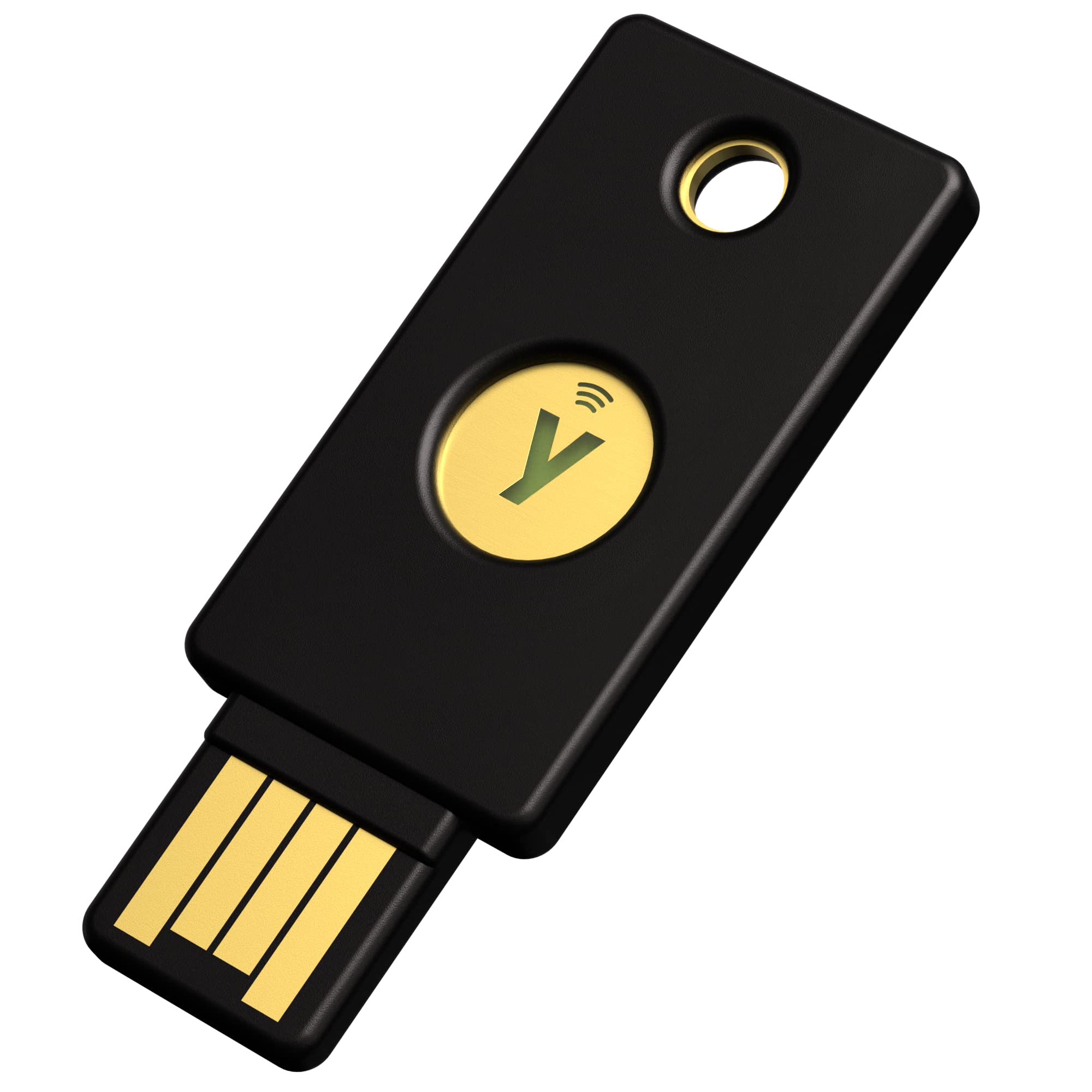I have responsibility. They require us to change our passwords every 3 months.
I mean, do your best, but honestly temper your understanding of your responsibility here.
You may feel responsible, but your employer DOES NOT.
How do I know? Because it's been the NIST guidelines for like a fucking decade already NOT to use such policies because they are EMPIRICALLY PROVEN to REDUCE security and INCREASE the likelihood of a system compromise.
The fact that you're here trying to "solve" a "problem" that was artificially generated by your employer is exactly the reason it's the case. While you personally are diligently considering how to best "solve" it, everyone else is doing something more hack-y and introducing new attack vectors.
So... Long story short, it's awesome you care. Your employer does not.
